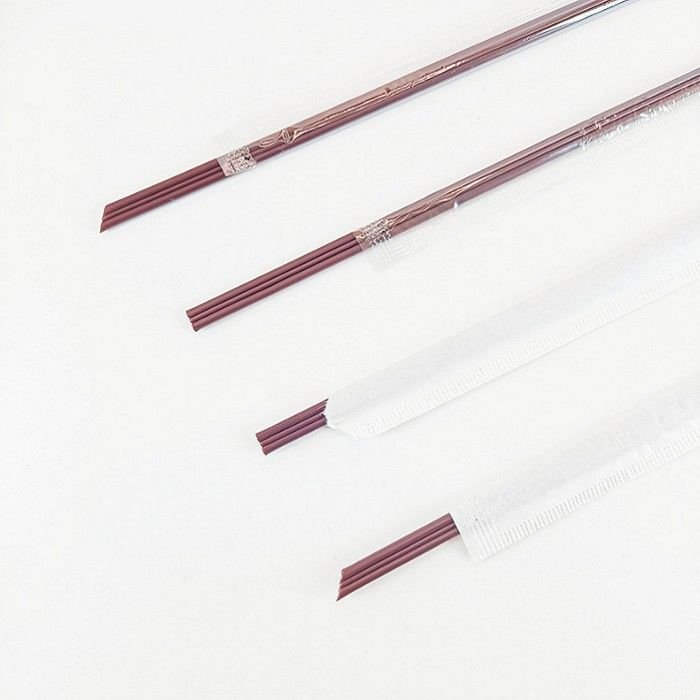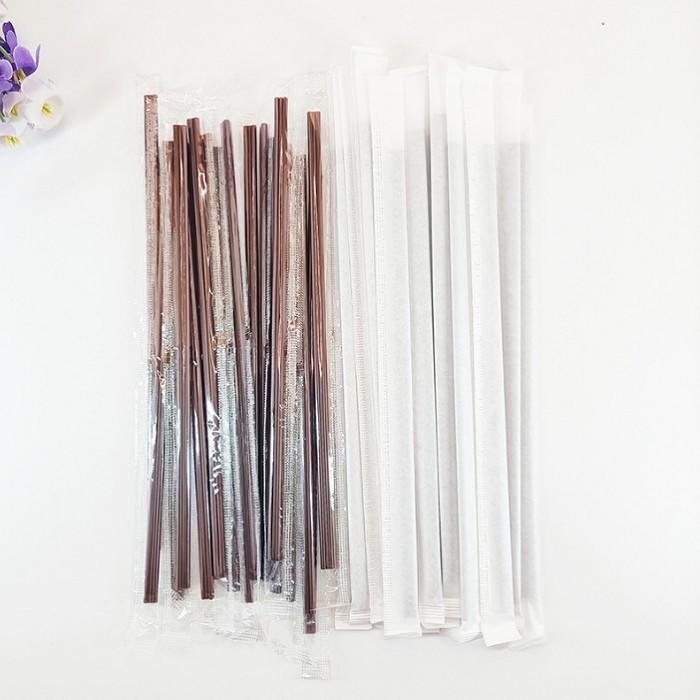Disposable Coffee Straw-DCS23221
- Home
- PRODUCTS
- Straws & Sticks
- Coffee Stirrers
- Disposable Coffee Straw-DCS23221
Disposable Coffee Straw
Disposable Coffee Straw (DCS23221), Originated from corn and other plant starch, 100% bioplastic.
PLA degradable straws are energy-saving biodegradable straws made of polylactic acid as a raw material. The material is safe and healthy, and can be directly in contact with drinks for hot and cold drinks. Comply with European EN1343 and American ASTMD6400 standards, 100% biodegradable after use, no environmental pollution.
Products Features
-
- Product Name: Three hole coffee straw
- Product material: PLA
- Straw weight: about 0.78g/piece
- Straw specifications: width 5mm, length 18cm
- Straw type: straight tube, divided into pointed and flat mouth
- Product Features: Can be used as a coffee stirrer and straw at the same time
- Packing method: 500pcs*20 bags/carton, individually packed, divided into plastic packaging and paper packaging
- It has the characteristics of environmental protection, energy saving and emission reduction, green environmental protection, etc.
Material Properties
- CPLA/PLA products are made from polylactic acid (PLA) which is made from corn starch. Polypropylene material. Durable and stylish
- 100% NATURE GREEN ALTERNATIVE TO PLASTIC, 100% plant-based PLA, plastic free, from nature, back to nature
- The compostable PLA straw is strong and sturdy with high heat tolerance
- Absolutely safe for kids as well as for adults
What is PLA?
PLA is a compostable bioplastic derived from plant sugars. PLA stands for polylactic acid. It can be made from any sugar, such as corn starch, cassava, sugar cane, or sugar beet. NatureWorks is the world’s largest producer of PLA, and a key partner to Vegware. Industrial corn is the primary source crop at the moment, but NatureWorks are working actively to diversify feedstocks, investigating other fibrous non-food crops, or even creating lactic acid from carbon dioxide or methane.









